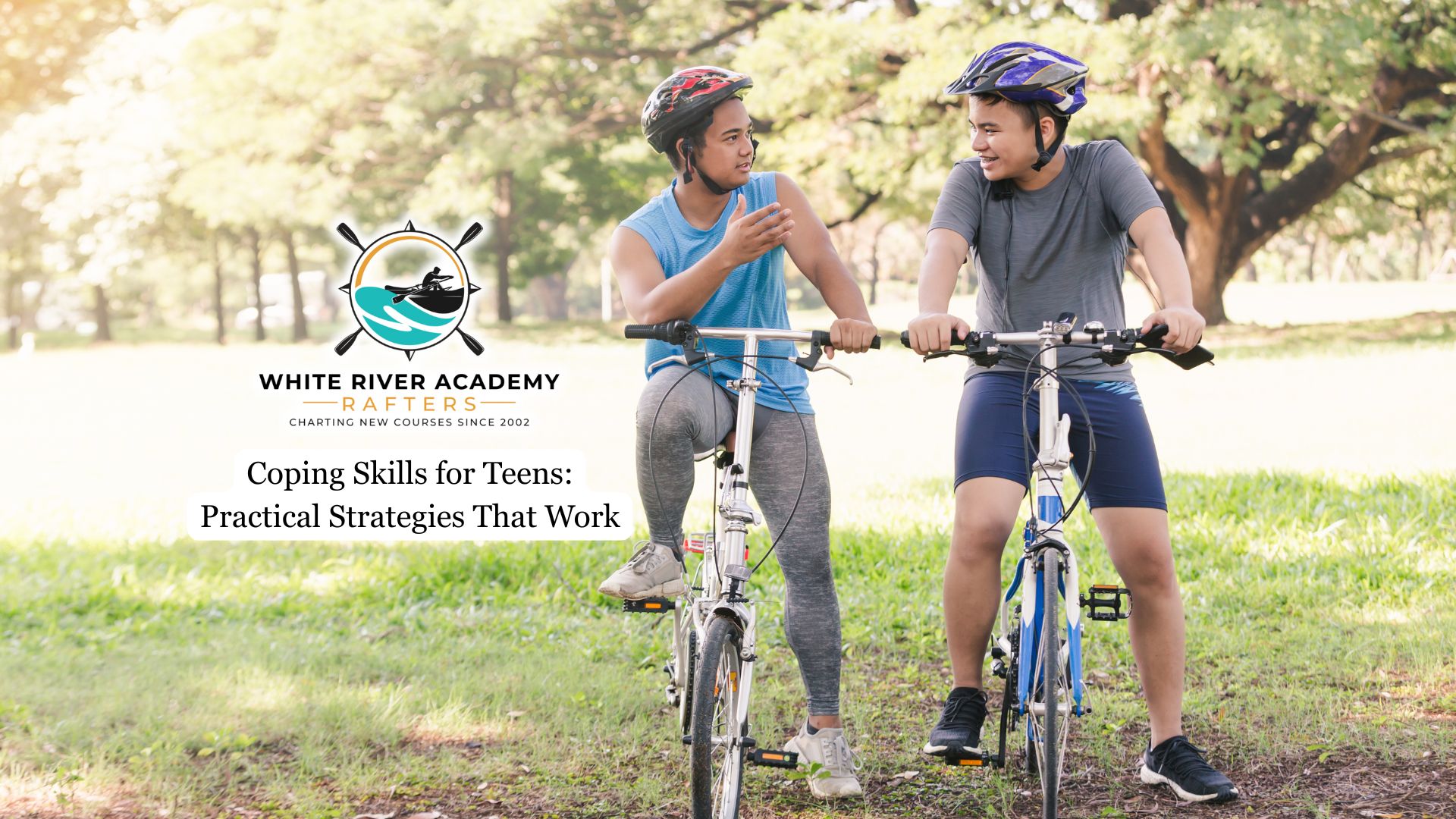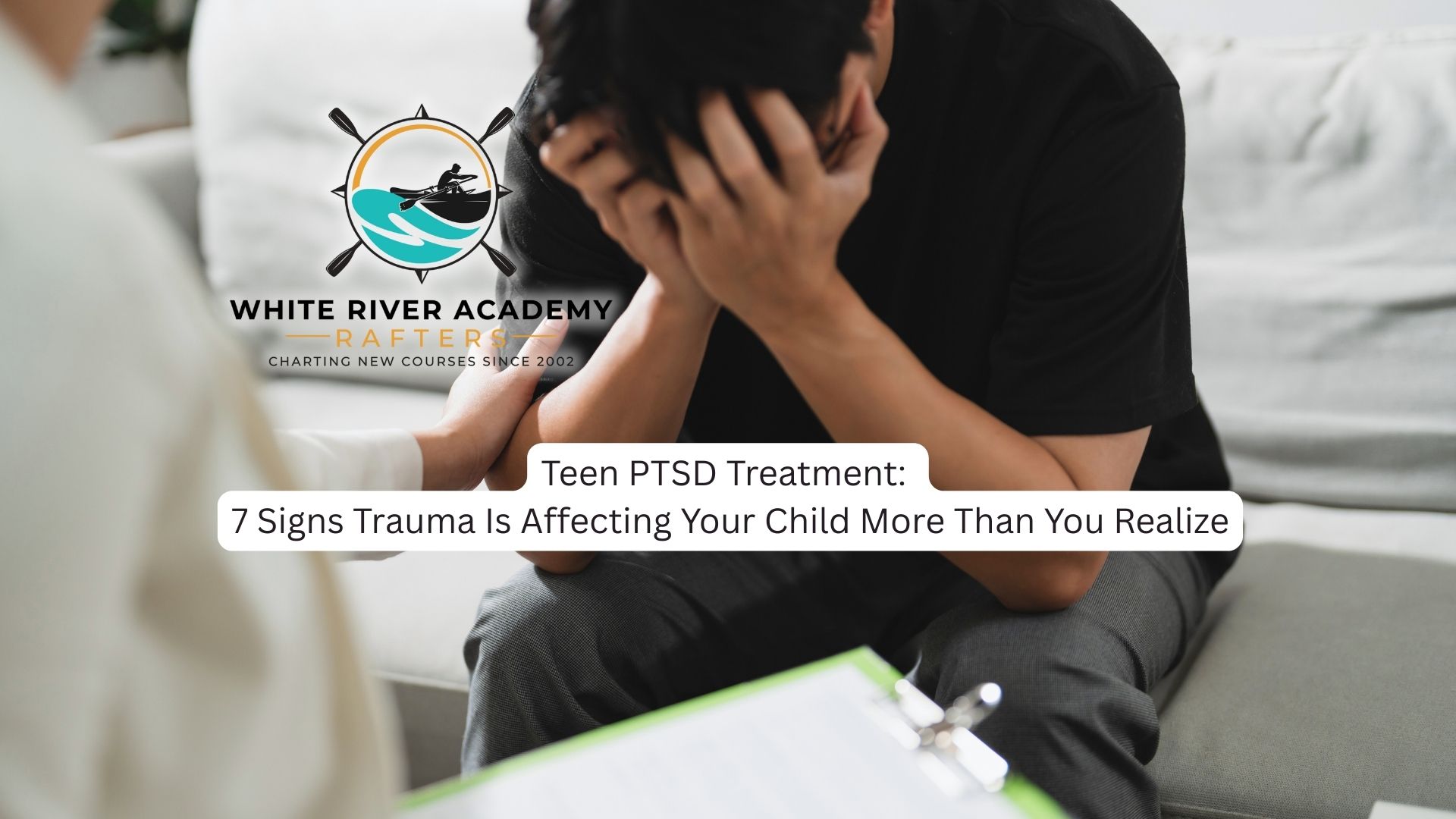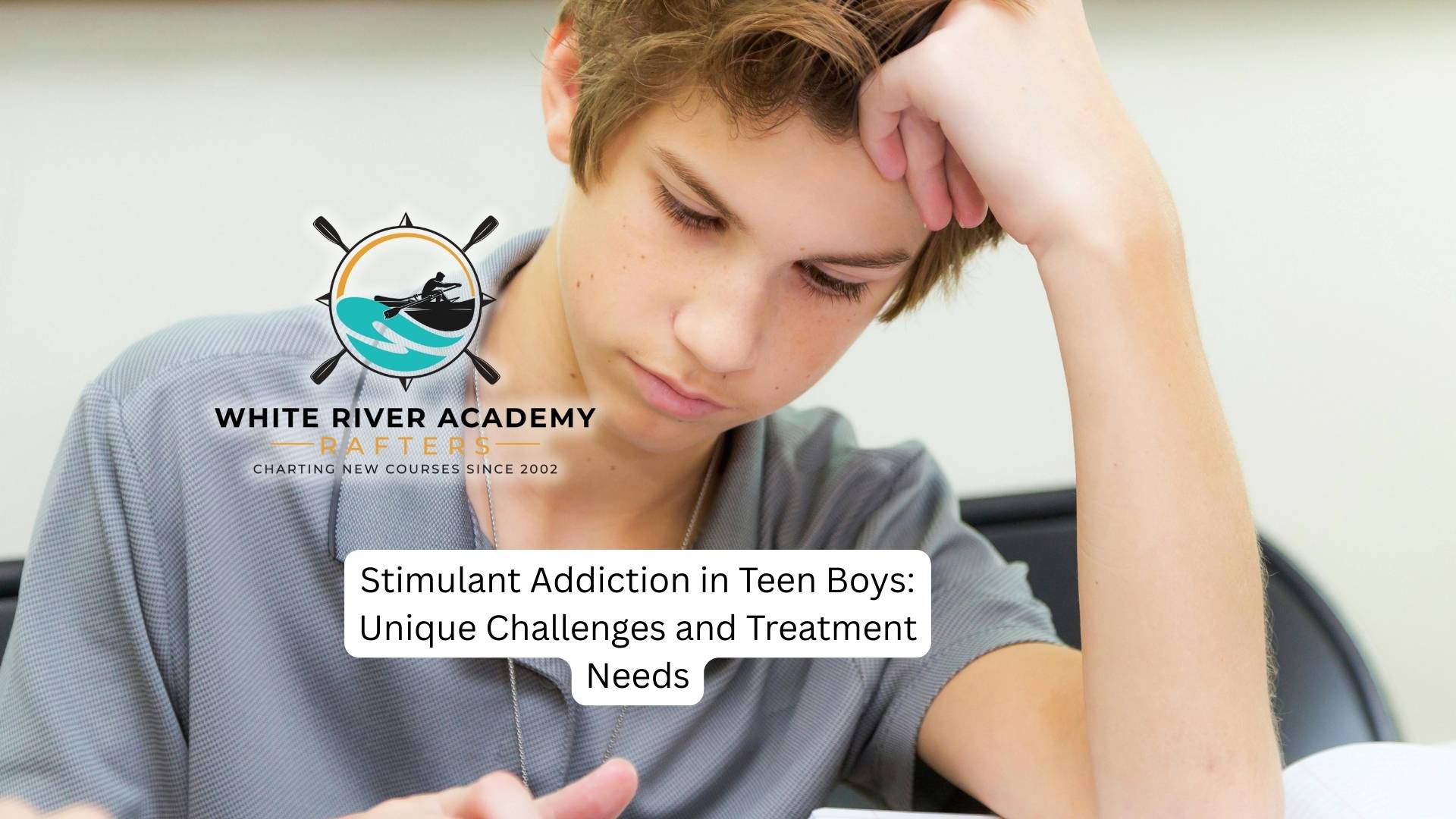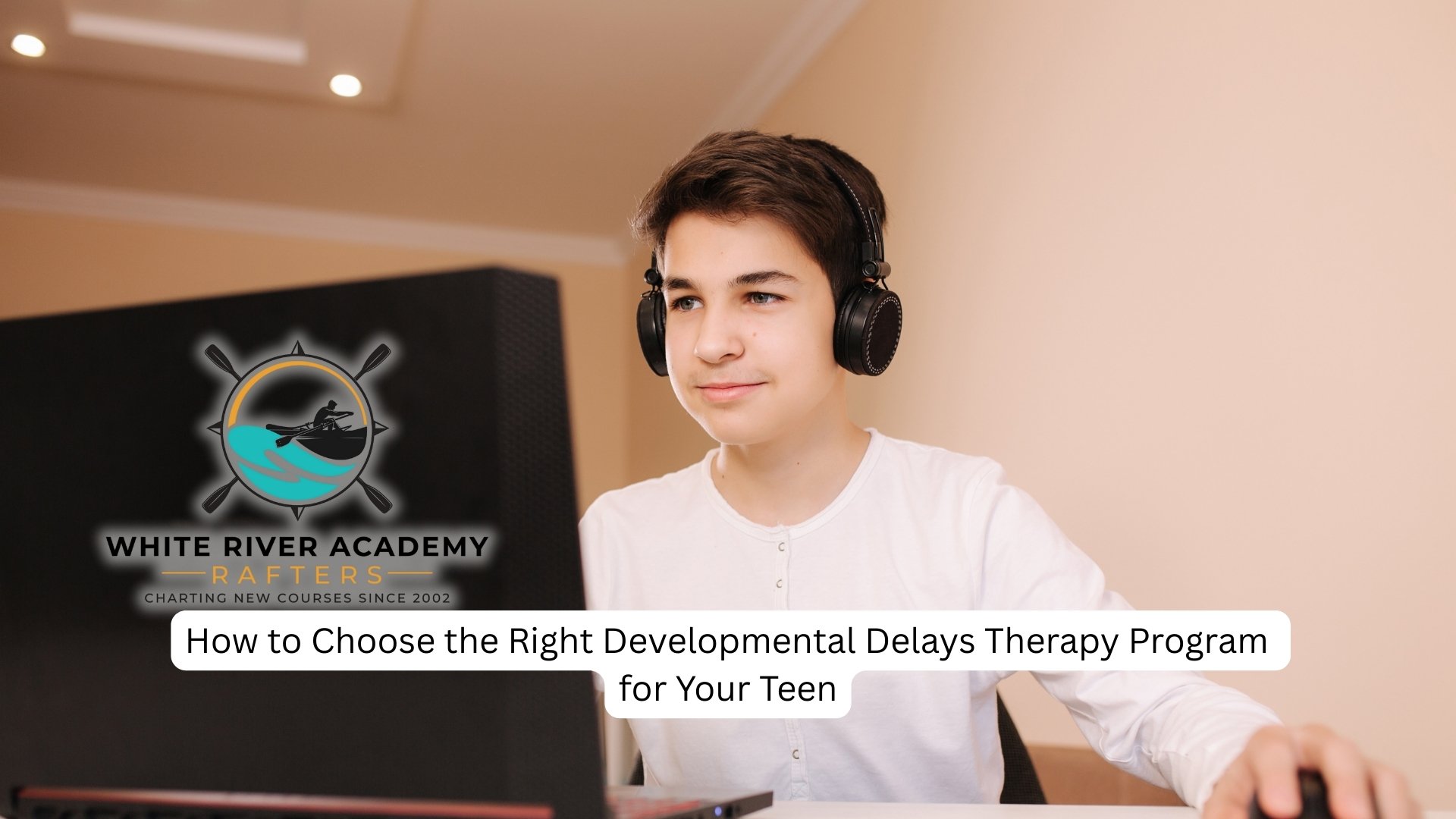Adolescence is a time marked by growth, change, and the pursuit of independence. Alongside these opportunities come pressures such as academic demands, shifting friendships, family responsibilities, and the influence of social media. These challenges can feel overwhelming and often trigger stress, anxiety, or frustration.
This article explores practical strategies teens can use to manage these demands and build resilience, highlighting approaches that support long-term emotional well-being.
Understanding the Need for Coping Skills
Coping skills are strategies designed to help people handle stress and regulate emotions. For younger people, these tools are especially important because this stage is a critical period of identity development and decision-making. Without constructive coping methods, some may resort to unhealthy behaviors, avoidance, or withdrawal.
Healthy strategies empower youth to face difficulties with confidence, manage overwhelming feelings, and strengthen their relationships. Recognizing the value of coping skills early can prevent harmful patterns and encourage a healthier transition into adulthood.
For youngsters who continue to struggle despite these efforts, enrolling in a structured troubled teen boys program can provide added guidance, accountability, and therapeutic support, creating a smoother path toward long-term growth and resilience.
Building Emotional Awareness
Youth benefit from learning how to identify and name their feelings rather than ignoring or suppressing them. Practices such as journaling, mindfulness, or reflecting at the end of each day can help them better understand their emotions.
Noticing feelings of stress before an exam or frustration during a disagreement allows them to respond thoughtfully instead of reacting impulsively. When emotions are left unchecked, some may seek escape through unhealthy behaviors such as excessive gaming, scrolling social media, or even experimenting with substances. Building emotional awareness reduces that risk by enhancing self-control and communication, giving them the ability to cope more effectively with everyday challenges.
Healthy Outlets for Stress
Constructive outlets are essential for managing stress. Physical activity, such as team sports, yoga, or running, releases endorphins that boost mood and reduce tension. Creative activities, including painting, music, or writing, give them a way to process emotions and express themselves safely.
Engaging in hobbies also provides a sense of accomplishment and balance in their lives. These outlets do more than relieve stress at the moment. They also promote resilience and help teens build routines that support long-term mental health.
Strengthening Problem-Solving Skills
Problem-solving is a practical coping skill that encourages adolescents to face difficulties rather than avoid them. Challenges such as academic pressure, conflicts with peers, or family disagreements often feel overwhelming.
Breaking a problem into smaller steps makes it easier to manage and reduces anxiety. Youth can benefit from setting realistic goals, brainstorming solutions, and evaluating possible outcomes. Learning to approach obstacles methodically increases their confidence and teaches them to view setbacks as opportunities to grow instead of insurmountable barriers.

The Role of Support Systems
Support systems provide stability and guidance during stressful times. Trusted relationships with parents, friends, teachers, or mentors give adolescents a safe space to share their concerns. These connections can reduce feelings of isolation and offer new perspectives on problems.
For those who struggle to open up, professional counseling provides a structured environment where coping strategies can be practiced and refined. Knowing they have reliable support reminds young people that they do not need to navigate challenges alone, which can make stress feel less overwhelming.
Developing Healthy Daily Habits
Everyday routines strongly influence an adolescent’s ability to handle stress. Prioritizing sleep, balanced meals, and consistent schedules supports both physical and mental well-being. Establishing a bedtime routine without screens improves rest and emotional regulation.
Planning study sessions and breaks reduces academic anxiety and prevents burnout. Even small adjustments, such as regular physical activity or mindful breathing, can strengthen resilience. As time goes on, these daily habits provide structure and stability, making it easier to face challenges calmly and effectively.
Encouraging Positive Communication
Effective communication is another coping strategy that helps teens manage stress. Learning to express thoughts and feelings clearly prevents misunderstandings and reduces conflict. Whether talking with parents, friends, or teachers, youth who practice open communication are better able to advocate for their needs and seek help when necessary. Positive communication also builds stronger relationships, which further enhances their support system. Developing this skill gives them the confidence to handle difficult conversations in healthier ways.
Final Thoughts from White River Academy
Healthy coping skills provide teenagers with the foundation to manage emotions, reduce stress, and approach life’s challenges constructively. Building emotional awareness, embracing creative outlets, developing problem-solving abilities, and leaning on support systems, adolescents can strengthen their resilience and prepare for the demands of adulthood.
At White River Academy, we recognize the importance of equipping adolescents with practical coping strategies while addressing the underlying issues that may contribute to stress. Our therapeutic programs in Utah tailored for young men integrate emotional growth, structured guidance, and evidence-based approaches to help teens thrive. Families looking for comprehensive care can rely on our expertise to support their child’s journey toward healthier, more confident futures.




